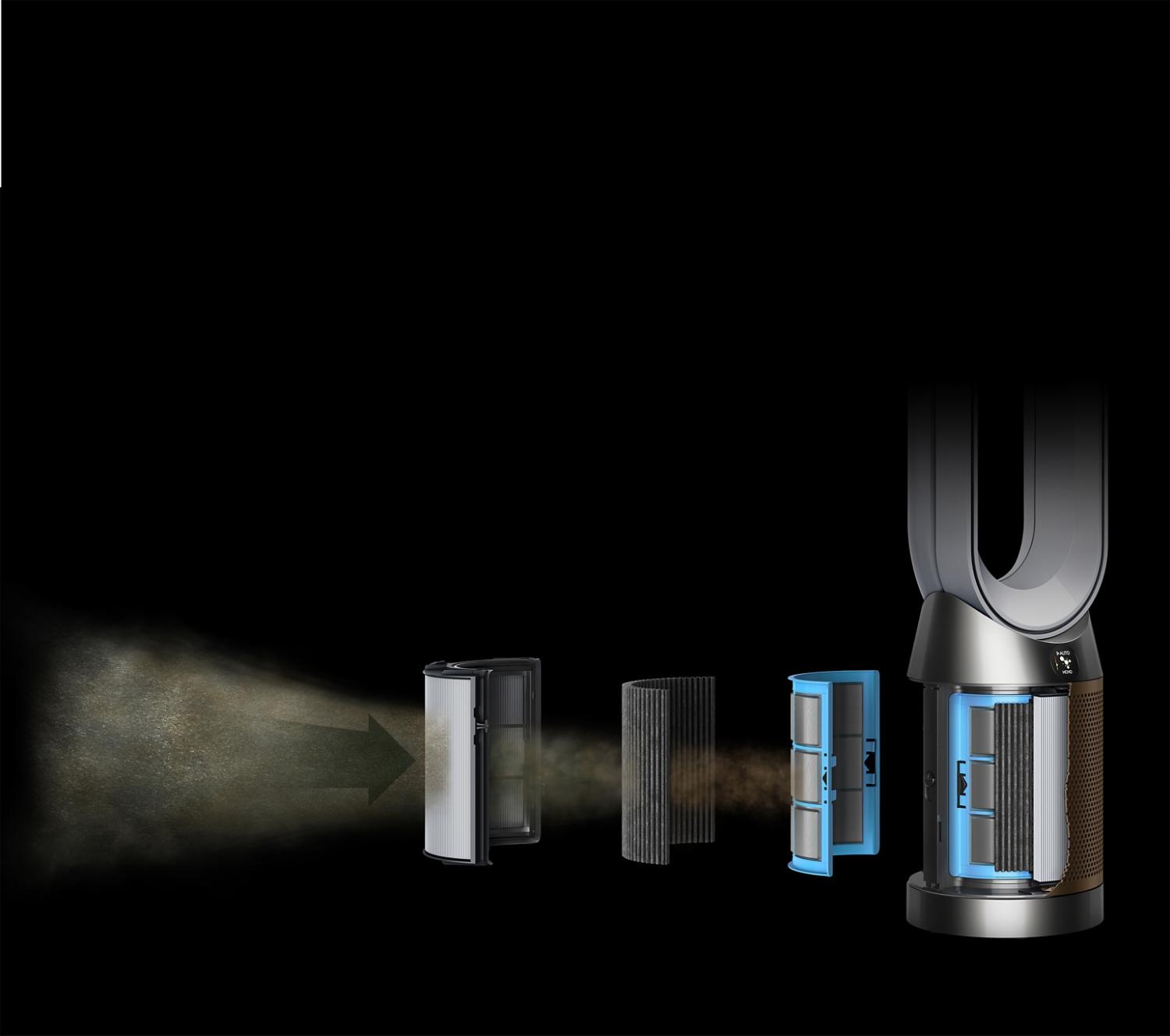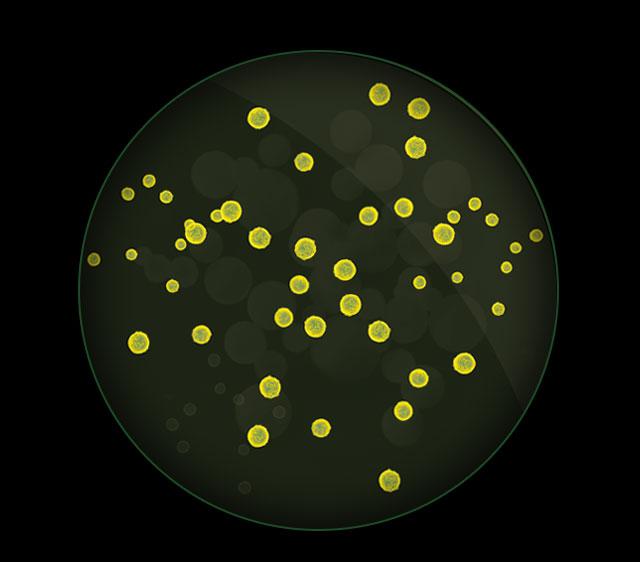-
What is a HEPA filter and its benefits?
During the COVID-19 pandemic, HEPA became a buzzword – top of the “what to look for” lists when browsing for a new vacuum cleaner or air purifier. While many of us are aware of the importance of HEPA filtration for capturing particulate pollution, understanding what HEPA is and how it works is an important factor when selecting the right machine for you. Engineer Lead Ben Lowson explains all.

What is a HEPA filter?
HEPA (High Efficiency Particulate Air) is an air filter efficiency standard – a certification of a filter’s performance. HEPA is defined as a filter that captures 99.97 per cent of particles down to 0.3 microns and is tested using a standard by an organisation called the IEST. Another organisation called ISO defines HEPA as filters that capture at least 99.95 per cent of particles of the most penetrating size (MPPS), which are the particles that are most difficult to capture. Dyson HEPA filters pass both of these tests ensuring that users can be confident they are achieving HEPA performance. Filters that do not meet these stringent test standards can be less effective at removing potentially harmful particles from the environment.
From dust mites and allergens, to pollen and bacteria, particle pollutants can be present throughout the home. Particulate matter is a term used for a mixture of solid particles and liquid droplets found in the air. Some particulates like dust are large enough to be seen with the naked eye, but many are so small they can only be detected through a microscope.
How does a HEPA filter work?
HEPA filters are usually made of a PTFE or glass-fibre material, arranged as a mat of randomly arranged strands. Depending on the size of the particle, it is trapped by the HEPA filter in one of three ways.
-
- Impact– larger particles are trapped by the net-like structure of the filter fibers, or directly hit and stick to a fiber
- Interception – smaller particles try to follow the air and flow around the filter fibers, getting stuck or snagged on the filter
- Diffusion – Very smooth particles can move randomly when suspended in airflow. Moving erratically, they end up colliding with the filter fibers and are removed from the airflow.
-

What is the difference between HEPA filter grades?
HEPA filter grades refer to the particle capture efficiency, with a higher grade indicating a higher capture efficiency. For optimum performance in a home environment, an air purifier must balance filter efficacy and flow rate - how well it filters particles versus how quickly. Higher filter grades can increase the resistance of air passing through the machine and impact the ability of a purifier to project and mix airflow. Dyson purifiers achieve H13 grade according to the ISO standard, which is ideal for removing potentially harmful pollutants while ensuring that our machines continue to project air across the room.
Are all HEPA filters the same?
Fully-sealed filtration
A sealed filtration system ensures that the air leaving a purifier achieves HEPA standard in the real world. While a filter might achieve HEPA certification in a filter-specific test, without being properly sealed into the machine, dirty air may bypass the filter and be expelled back into the room. Even a pinhole leak in a filter or seal can ruin HEPA-level particle filtration. In Dyson's latest Purifier Formaldehyde range, it’s not just the filters that meet HEPA H13 standard, but the whole machine. This was achieved by blocking any potential leak points in the machine through which dirty air might enter the airflow.
Additional forms of filtration
-
While particle pollutants like viruses and bacteria are currently top of mind, gas pollution like VOCs (Volatile Organic Compounds) and NO2 can enter through open doors and windows or be generated by day-to-day activities like cooking and cleaning. An activated carbon filter effectively absorbs many gas pollutants from the air.
Formaldehyde is a gas-phase substance that can move through particle filters and can be off-gassed by pressed wood furniture, carpets and paints. As well as a HEPA H13 grade and carbon filter, the new Dyson Purifier Formaldehyde range also features a Selective Catalytic Oxidation (SCO) filter, which uses the mineral Cryptomelane to continuously destroy formaldehyde at a molecular level for the lifetime of the machine, so it never needs replacing.
-




